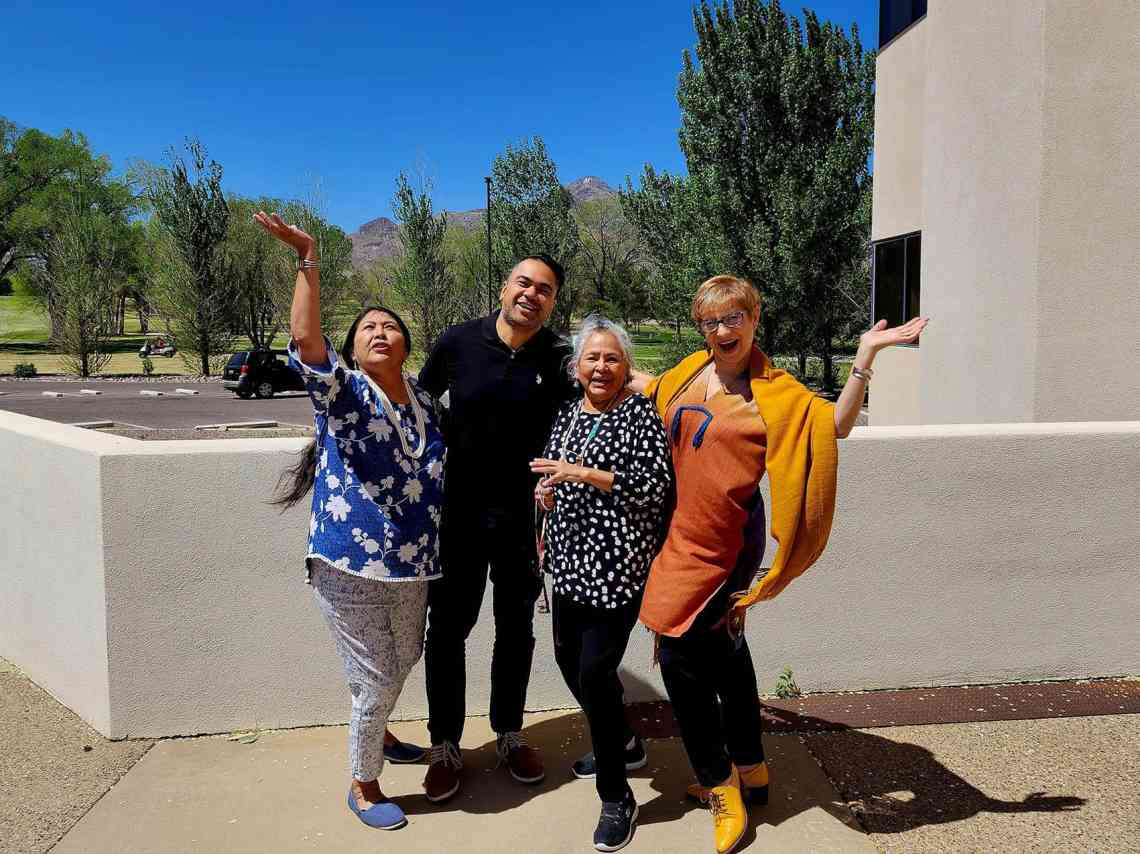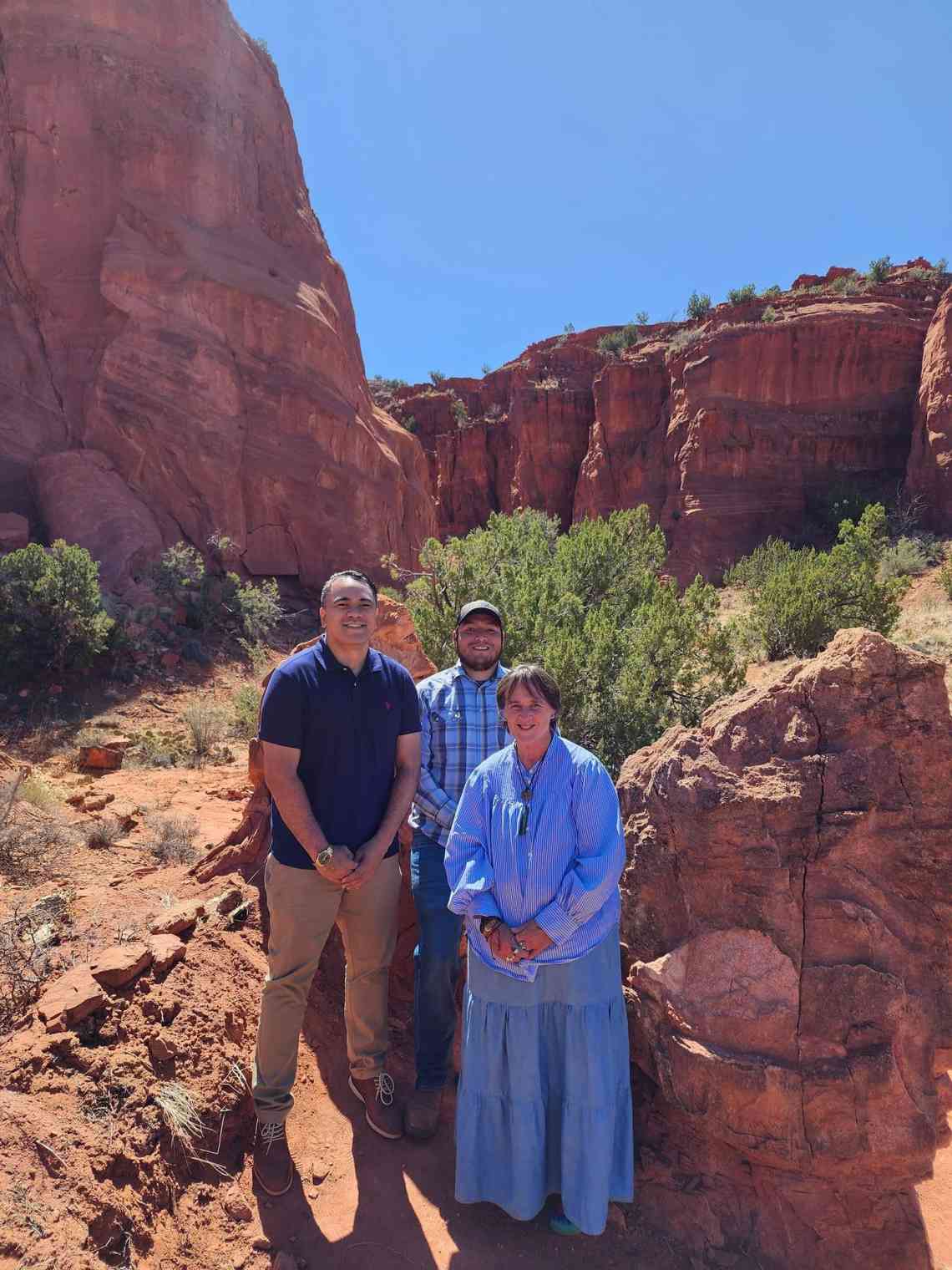
Kia ora koutou. My time here in the United States is coming to an end. I’m currently in New Mexico, where I have had the opportunity to visit several indigenous pueblos (villages) and schools, and I will be presenting some of my COMET work at the University of New Mexico in Albuquerque. The Cochiti Pueblo was fascinating to visit. The village entrance still has security, and only locals from that reservation can enter, but we intended to visit the Keres language school. It was beautiful to hear and see the children speak their native language. It has no written version, which may provide future challenges in growing the language.
I spent the first few months in Boston, where I was based at the University of Massachusetts Boston. It is the only public university in Boston and primarily caters for the local population. I arrived here in mid-December to lots of snow.
The purpose of the Fulbright award was to undertake a small research project interviewing Native American youth based in Massachusetts (from 18 to 24 years old) about their school experiences and whether their native language, culture and identity were featured in their schooling experiences. I also asked them what they would do differently or recommend.
The experiences of the students differed. For example, one of the students attended a public school with an indigenous language class. She spoke about being able to do a prayer in her indigenous language and some of her tribal signage in the school. At the same time, another young person in a different school spoke about the limited exposure he saw in his schooling experiences. He also faced racist taunts regarding his ethnicity. As an undergraduate student, he is actively involved in making space for other native students at his university. Some of the recommendations that the young people put forward were for me training for teachers to learn about local tribal stories and for indigenous experts to come into schools to work with teachers and students.
I was privileged to visit several schools, including the Wampanoag Mashpee School. It has 25 students, with about six teachers. The school's focus is language instruction in the Wampanoag language. The local Mashpee public school also teaches the Wampanoag language.
Another highlight for me was the number of public lectures that I did. I was fortunate to speak at the University of Massachusetts Boston, the University of Massachusetts Amherst, and Harvard University. It was an opportunity to share my purpose for being in the States and talk about my work as a former secondary school teacher and the current projects I am working on at COMET. I hope to show what can be achieved in the advocacy space and how possibilities are unlimited for creating change that supports the livelihood of indigenous communities.
Some of the challenges for me were our unique New Zealand accent, the large food portions, and tipping, and I decided not to drive here because of the different road rules. So being able to navigate the public transport system was very important.
I plan to share my findings when I return to Aotearoa New Zealand. I will do this through some education conferences and a journal article. This has been the most significant international experience of my life, and I am grateful for all the people who supported me along the way.
Ngā mihi aroha,
Dr Will Flavell
